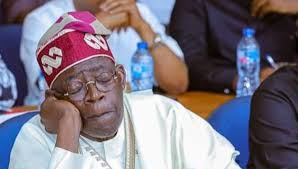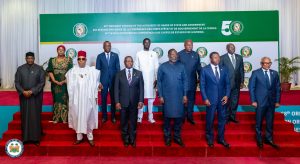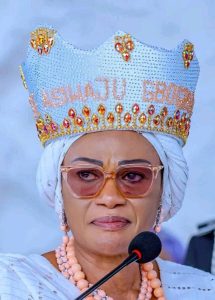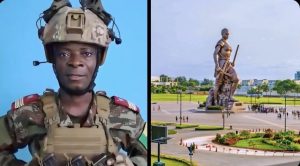Princess Olatorera Oniru recently delivered one of the most blistering assessments of President Bola Ahmed Tinubu’s leadership. She insisted that Tinubu’s public persona was built on falsities from his age to his academic credentials, from his health status to his declared wealth. In her words, his leadership has normalized corruption, rewarded cronies, and turned public service into a mafia operation. What Nigeria is witnessing, she argued, is not leadership but network maintenance while the majority perish.
Events of the past weeks seem to give her argument fresh weight. According to a Daily Trust report that predated the recent ICIR investigation, the President had been absent from public view for several days without explanation. This was not an isolated incident. Since taking office, Tinubu has embarked on multiple trips to France, the United Kingdom, and Ethiopia, often under the guise of private or official engagements. In many instances, these trips were quietly extended, fuelling speculation that official schedules were being adjusted to accommodate medical tourism.
The latest ICIR report paints a more troubling picture. It claims that the President had been bedridden for days, missing key state functions, cancelling planned engagements, and prompting discussions within his medical team about a possible emergency evacuation abroad. While the Presidency dismissed these claims outright, refusing to provide clear, transparent information has only deepened public suspicion.
Nigerians have seen this movie before. In the late days of President Umaru Musa Yar’Adua’s administration, secrecy over his health became a national crisis. Yet there was one moment of rare honesty: Segun Adeniyi, then presidential spokesman, publicly revealed that Yar’Adua was suffering from pericarditis an inflammation of the sac surrounding the heart. The announcement drew mixed reactions. Some applauded the transparency, others worried about the political implications. But one thing was clear: openness at least gave the public a shared understanding of the reality.
Illness is a natural human condition. There is no shame in falling sick, no dishonour in seeking treatment. What damages trust is the deliberate masking of the truth. In a country where political office holders have a long history of manipulating information, every unexplained absence feeds a narrative of deception.
If the ICIR report is accurate, then President Tinubu deserves sympathy, not ridicule. Nigerians are not monsters; they do not wish him dead. Many would genuinely pray for his recovery. But sympathy can only exist in the light of truth.
Instead, what the public gets is the habitual defensiveness of Bayo Onanuga, the presidential spokesman. Rather than leveling with the nation, he defaults to blanket denials, brushing aside any suggestion of ill health. This strategy may shield the President from momentary embarrassment, but it erodes credibility in the long run. A spokesman’s role is not to shield but to inform not to stonewall, but to explain.
The Presidency should remember that Nigerians’ real political judgment will not come in whispered rumours about health. It will come at the ballot box in 2027. And many citizens, even those critical of the administration, would prefer to see Tinubu alive and well on that day, ready to face a robust democratic verdict.
For now, the most responsible course is to end the charade. Let the nation know the truth. If the President is healthy, show it through consistent public engagement. If he is unwell, say so, and trust that citizens can handle the truth. In politics as in medicine, the right diagnosis is the first step toward healing.






